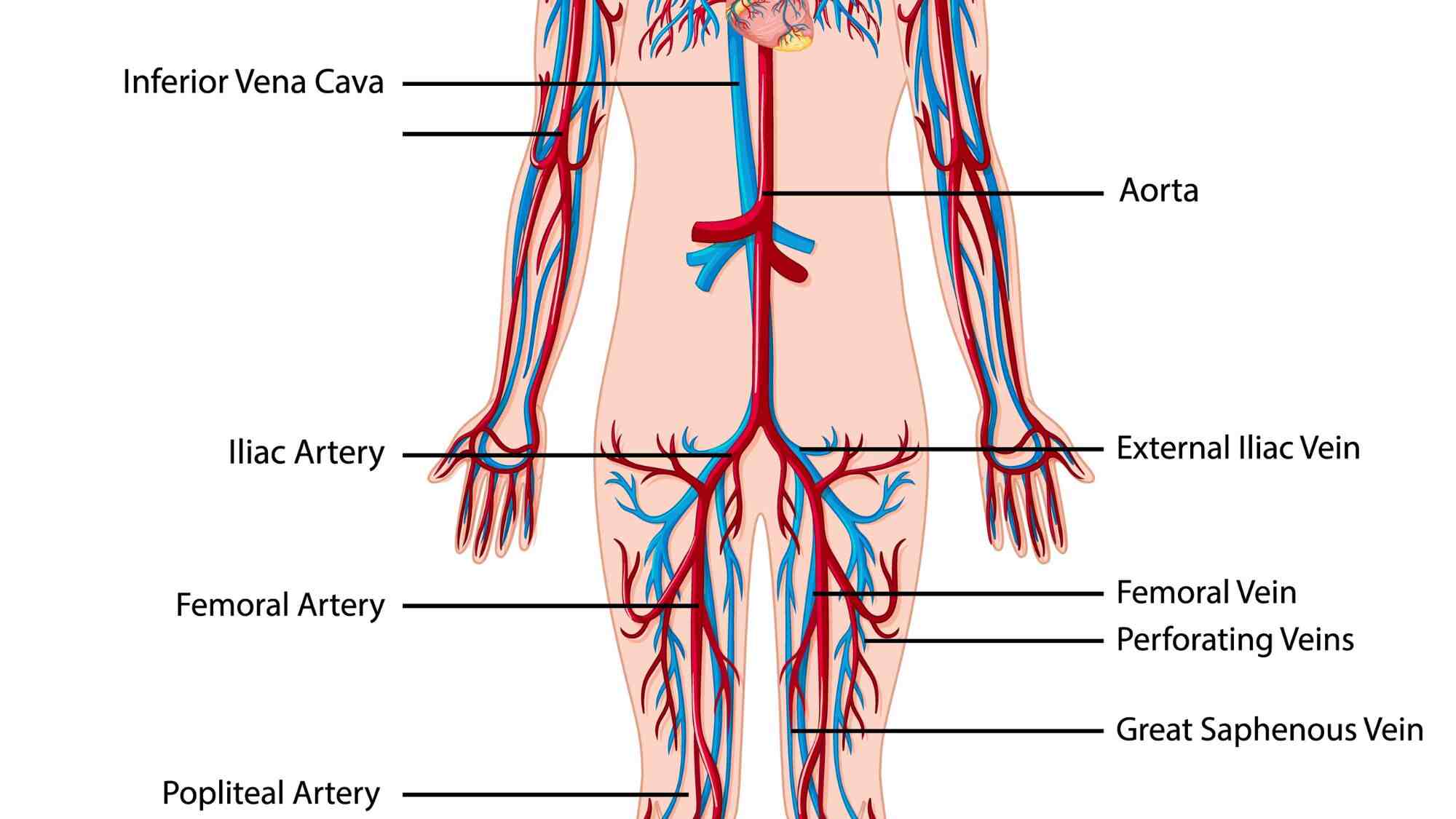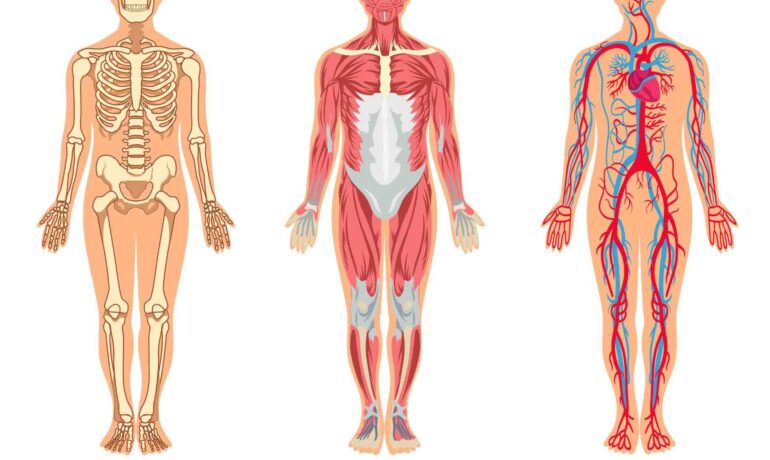Arteries are the crucial blood vessels that carry oxygen-rich blood from the heart to every part of the body. They play a central role in maintaining the body’s overall function by delivering vital nutrients and oxygen to organs, tissues, and cells. At Parindhevi Hospitals, we recognize the importance of healthy arteries and strive to educate our patients on how to protect and maintain their vascular health. In this blog, we will explore the function of arteries, the risks associated with unhealthy arteries, and the steps you can take to keep your arteries in top condition.
What Are Arteries?
Arteries are blood vessels responsible for transporting blood away from the heart. Unlike veins, which carry blood back to the heart, arteries carry oxygenated blood to the body’s organs and tissues. The heart pumps blood into large arteries, such as the aorta, and from there, the blood travels through smaller arteries that extend throughout the body.
Arteries have thick, muscular walls designed to withstand the high pressure generated by the heart. Their structure allows them to efficiently carry blood, ensuring that the body receives a steady supply of oxygen and nutrients. Arteries also possess elasticity, enabling them to expand and contract as blood pulses through them with each heartbeat.
Different Types of Arteries
Arteries come in various forms, each serving a unique purpose. Let’s take a look at the most significant arteries in the body:
1. Aorta: The Main Artery
The aorta is the largest and most important artery. It carries oxygenated blood from the heart to the entire body, branching out into smaller arteries that supply specific regions, such as the brain, legs, arms, and internal organs.
2. Coronary Arteries
The coronary arteries supply oxygen-rich blood to the heart muscle. These arteries are crucial for heart health. When they become blocked or narrowed, it can lead to heart attacks or other serious heart conditions.
3. Carotid Arteries
The carotid arteries, located on either side of the neck, deliver blood to the brain. Blockages in these arteries can significantly reduce blood flow to the brain, increasing the risk of stroke or transient ischemic attacks (TIAs).
4. Pulmonary Arteries
Pulmonary arteries carry deoxygenated blood from the heart to the lungs. In the lungs, the blood picks up oxygen and releases carbon dioxide before returning to the heart via the pulmonary veins.
5. Renal Arteries
The renal arteries supply oxygen-rich blood to the kidneys, which filter waste and excess fluid from the blood. Blockages in these arteries can lead to kidney problems, including renal failure.
6. Femoral Arteries
The femoral arteries run through the thighs, supplying blood to the lower limbs. If these arteries become blocked, it can cause leg pain, difficulty walking, and in severe cases, loss of function in the legs.

The Role of Arteries in the Body
Arteries do more than just carry blood, they play a critical role in several bodily functions:
- Transport of Oxygen and Nutrients: Arteries deliver oxygen-rich blood and essential nutrients to tissues and organs, allowing them to function properly.
- Regulation of Blood Pressure: The elasticity of artery walls helps maintain stable blood pressure, ensuring blood is delivered efficiently to all parts of the body.
- Temperature Regulation: Arteries help regulate body temperature by controlling blood flow to the skin and extremities.
- Waste Removal: Arteries help transport blood to the kidneys, which filter out waste and excess fluids from the body.
The Dangers of Unhealthy Arteries
Maintaining healthy arteries is essential for preventing cardiovascular diseases. Poor lifestyle habits, such as an unhealthy diet, smoking, and lack of exercise, can lead to damage in the arteries. One of the most common conditions affecting the arteries is atherosclerosis, a disease in which fatty deposits (plaque) build up inside the arterial walls. This buildup can narrow the arteries, reducing blood flow and leading to a variety of serious health problems.
Common Artery-Related Diseases:
- Atherosclerosis: Atherosclerosis occurs when plaque builds up in the arteries, restricting blood flow. It can lead to heart attacks, strokes, and peripheral artery disease (PAD).
- Peripheral Artery Disease (PAD): PAD occurs when the arteries in the legs become narrowed or blocked. It can cause pain, numbness, and difficulty walking.
- Aneurysms: An aneurysm is a bulge in the wall of an artery. It can happen in any artery, but it is most common in the aorta. A ruptured aneurysm can cause life-threatening internal bleeding.
- Stroke: A stroke happens when an artery to the brain is blocked or ruptured, preventing blood from reaching brain tissue. It can cause permanent brain damage and even death.
How to Keep Your Arteries Healthy
The good news is that you can take several steps to protect your arteries and improve cardiovascular health. At Parindhevi Hospitals, we recommend the following lifestyle changes to keep your arteries in good condition:
1. Adopt a Heart-Healthy Diet
Eating a balanced, nutritious diet helps reduce the risk of plaque buildup in the arteries. Focus on foods that promote heart health, such as:
- Fruits and vegetables
- Whole grains
- Lean proteins like fish and poultry
- Healthy fats, such as those found in olive oil, avocado, and nuts
Limit the consumption of processed foods, added sugars, and saturated fats.
2. Exercise Regularly
Exercise strengthens the heart, improves circulation, and helps maintain healthy blood pressure. Aim for at least 30 minutes of moderate-intensity exercise most days of the week, such as brisk walking, swimming, or cycling.
3. Quit Smoking
Smoking accelerates plaque buildup in the arteries and damages blood vessel walls. Quitting smoking is one of the best ways to protect your arterial health and reduce the risk of heart disease.
4. Manage Stress
Chronic stress can elevate blood pressure and contribute to artery damage. Practice relaxation techniques, such as deep breathing, meditation, or yoga, to manage stress effectively.
5. Monitor Your Blood Pressure and Cholesterol Levels
Regular check-ups are essential for monitoring your blood pressure and cholesterol levels. High blood pressure and high cholesterol are two major risk factors for developing artery disease. Keep these factors in check to protect your arteries.
6. Maintain a Healthy Weight
Being overweight or obese increases your risk of developing high blood pressure, diabetes, and atherosclerosis. Achieving and maintaining a healthy weight can help protect your arteries and improve overall cardiovascular health.

When to Seek Medical Help
If you experience any of the following symptoms, seek medical attention immediately, as they could be signs of arterial problems:
- Chest pain or discomfort (angina)
- Shortness of breath
- Numbness or weakness in the limbs
- Difficulty walking or leg pain
- Dizziness or fainting
At Parindhevi Hospitals, our cardiologists and vascular specialists are dedicated to diagnosing and treating artery-related conditions. We use advanced diagnostic tools to evaluate the health of your arteries and provide effective treatment options.
Conclusion:
Arteries are vital to maintaining overall health and ensuring that oxygen and nutrients reach every part of the body. By adopting healthy lifestyle habits, such as eating a balanced diet, exercising regularly, and managing stress, you can protect your arteries from damage and reduce the risk of cardiovascular diseases. At Parindhevi Hospitals, we are committed to helping you maintain optimal vascular health. If you have concerns about your arterial health or need a check-up, don’t hesitate to contact our team for expert care and guidance.













